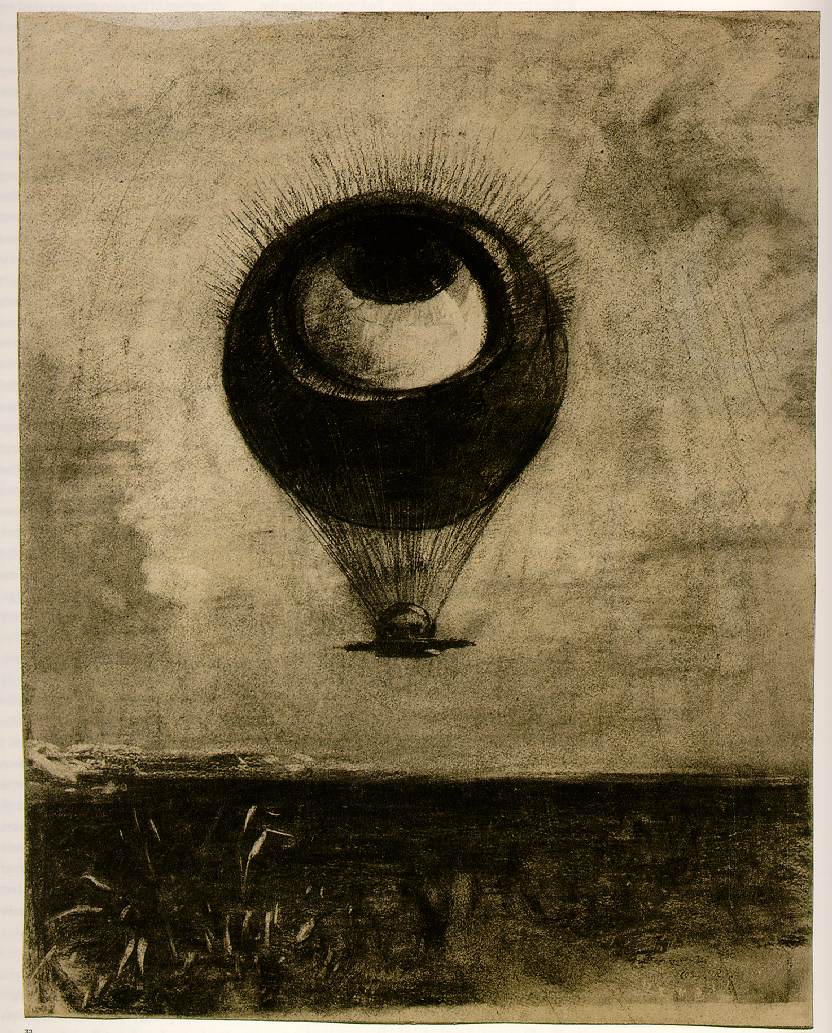“I’m holding back, delaying the information. I’m lingering in the prior moment because it was a time when other outcomes were still possible; the convergence of six figures in a flat green space has a comforting geometry from the buzzard’s perspective, the knowable, limited plane of the snooker table. The initial conditions, the force and the direction of the force, define all the consequent pathways, all the angles of collision and return, and the glow of the overhead light bathes the field, the baize and all its moving bodies, in reassuring clarity. I think that while we were still converging, before we made contact, we were in a state of mathematical grace. I linger on our dispositions, the relative distances and the compass point—because as far as these occurrences were concerned, this was the last time I understood anything clearly at all
What were we running toward? I don’t think any of us would ever know fully. But superficially the answer was a balloon. Not the nominal space that encloses a cartoon character’s speech of thought or, by analogy, the kind that’s driven by mere hot air. It was an enormous balloon filled with helium, that elemental gas forged from hydrogen in the nuclear furnace of the stars, first step along the way in the generation of multiplicity and variety in the universe, including ourselves and all our thoughts.
We were running toward a catastrophe, which itself was a kind of furnace in whose heat identities and shapes would buckle into new shapes.”—Ian McEwan, Enduring Love
Rereading Enduring Love, I’m struck again by the simple perfection of its opening. Barring the details of the balloon, I think every novel should perhaps be made to start with this introduction. In his “holding back, delaying the information,” in his horrified and wondering sense of convergence and inevitability, the narrator expresses the precise tragedy and excitement at the heart of all narration: Telling the beginning while knowing the end. Memory, with its reading-ahead knowledge, gives things shape and meaning. Going to the park (for example) is always just going to the park when it happens in the present. It’s only in reflection, after time passes and events unfold, that we return to examine the beginning and decide that it matters. It’s only in reflection that we even select one incidental moment as the beginning. The present tense sentence is “I’m at the park.” The past tense sentence is “I went to the park and then my life changed.”
The way meaning changes through later context can make the memory of past events nearly unbearable in contrast with what follows from them. But it is also undeniably exciting. Beginnings, even if they might be the beginnings of catastrophes, lurk everywhere, and every banal detail has the potential to explode, upon contact with reflection, into meaning.
